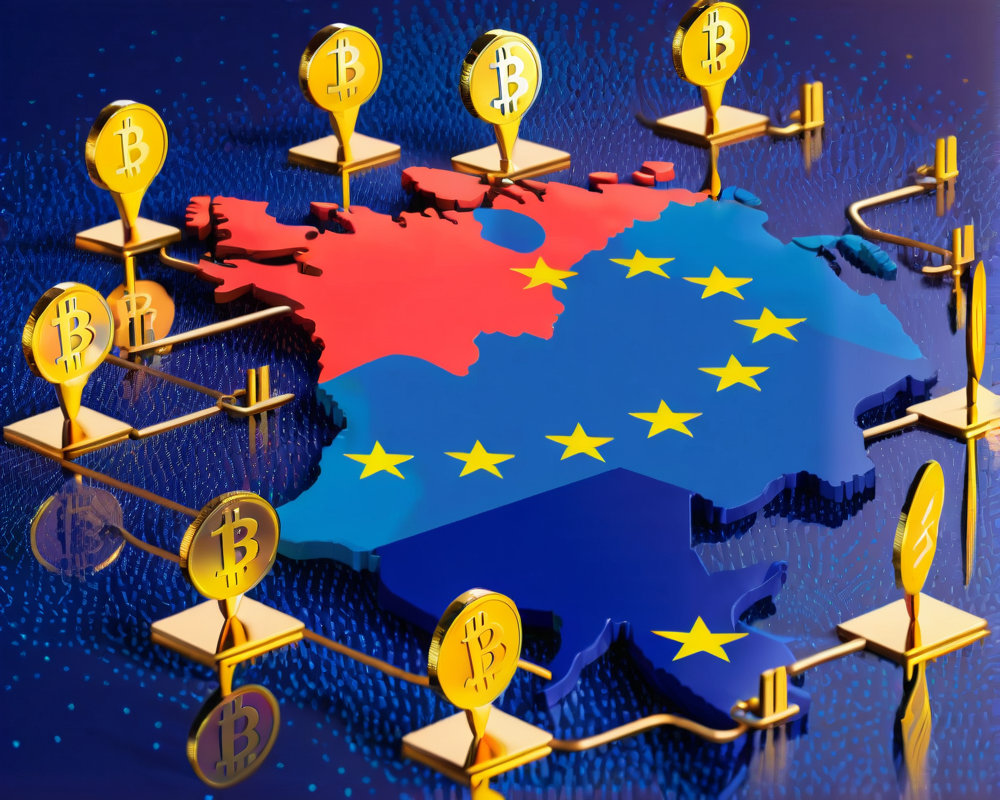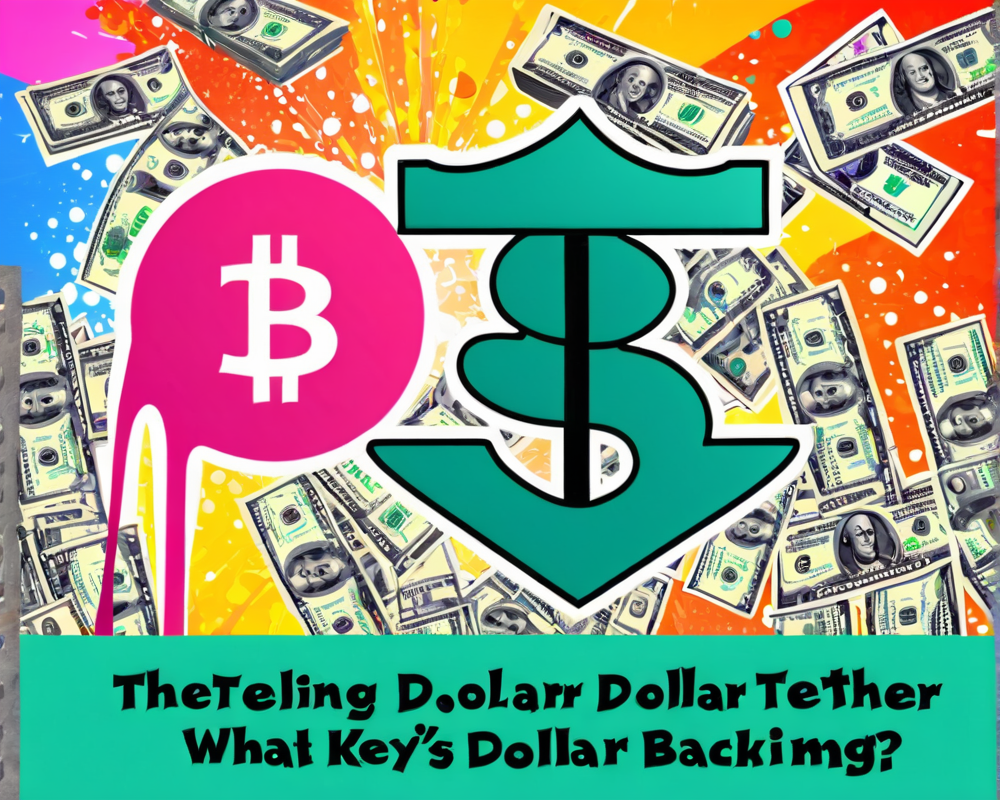The Big Deal Behind the 5AMLD
On January 10, the European Union’s 5th Anti-Money Laundering Directive (5AMLD) was signed into law, taking the concept of ‘keeping an eye on dirty money’ to a whole new level. The directive aims to tighten the screws on compliance organizations and law enforcement, focusing particularly on tracking those elusive offshore accounts where the world’s wealthiest like to hide their cash. It’s almost as if they’re saying, “You can hide but you can’t run — we’re watching you!”
From Grey Areas to Full Paranoia
For years, the mega-rich enjoyed a comfortable lifestyle supported by a robust financial framework that danced around legal loopholes. Then came the Panama Papers in 2016, ripping the cover off this sordid operation by exposing the shady dealings of Mossack Fonseca and their exotic shell companies. Who knew being rich was this complicated? Public outrage followed, and pressure mounted on governments to do something. After four years of reflection, here we are, getting a shiny, glossy directive that’s ready to kick-start tighter regulations on cryptocurrency.
The Impact of 5AMLD on Cryptocurrencies
5AMLD doesn’t just poke into the depths of dark money; it also casts a long shadow over the cryptocurrency sector. For the first time, crypto service providers — think of your friendly neighborhood exchanges and wallet providers — are officially in the regulatory crosshairs. It’s tough to hear many crypto enthusiasts lament the loss of anonymity, but in a world where terrorism and money laundering are unfortunately all too real, having a bit more transparency might be a necessary evil.
What’s in Store for Crypto Companies?
- New Compliance Measures: Crypto companies will need to adopt stringent Know Your Customer (KYC) protocols to identify their users. Who would have thought that buying Bitcoin would involve revealing your secret identity?
- Increased Transparency: The law mandates more accessible information about the ownership of legal entities, making it harder for nefarious actors to hide in the shadows.
- Monitoring Suspicious Activities: Under the new rules, exchanges must report any suspicious transactions — the digital equivalent of snitching.
Law Enforcement’s New Toy
Europol, the EU’s police force, welcomes the fresh powers conferred by the 5AMLD. These new legal definitions help authorities keep tabs on the activities of custodian wallet providers and virtual currencies. As a result, Europol can now wield the power of blockchain data, previously the exclusive domain of analytics firms, to investigate suspicious transactions more effectively.
The goal is to “provide a balanced and proportional approach” to cryptocurrencies while still keeping criminals on the run.
Legalese and Buzzwords: What You Need to Know
In layman’s terms, 5AMLD helps law enforcement make sense of the crypto world. They will now proactively engage with suspicious activities instead of waiting for a whistleblower to spill the beans. It’s a bit like last call at a bar—everyone needs to leave, whether they like it or not.
Brace Yourselves: The Fines Are Coming!
If you think the costs of compliance are outrageous, try getting a fine for non-compliance. Austria’s regulators can impose penalties of up to 200,000 euros, with the equivalent fines looming in other EU member states. While the compliance costs may feel like penance, the price for ignoring regulations could put smaller firms out of business. Kirschbaum warns that excessive fines could be an “existential threat” for these companies.
A Lesson in Compliance
Although implementing these new compliance measures may feel burdensome, the businesses that adapt quickly may actually flourish in the long run. As David Carlisle from Elliptic stated, companies that anticipate regulatory changes will likely enjoy smoother sailing ahead.
A Fork in the Road: Going Offshore?
For companies struggling under these new demands, there’s always the option to pack up and move offshore in search of more favorable weather. For instance, Deribit B.V. announced plans to relocate its operations to Panama to escape the regulatory footage from 5AMLD—perhaps one last hurrah before the party ends! But remember, unless you’re launching a pirate ship, it may not be the best course of action.
What Lies Ahead for Crypto?
As the crypto world navigates this ever-evolving landscape, exchanges must find a way to marry compliance with maintaining user privacy. With the scrutiny intensifying, companies must ponder if they can still claim to be the guardians of anonymity while obeying EU laws. That’s the question that keeps many CEOs awake at night—hopefully, they’re sipping on herbal tea and not Bitcoin-infused espresso.




